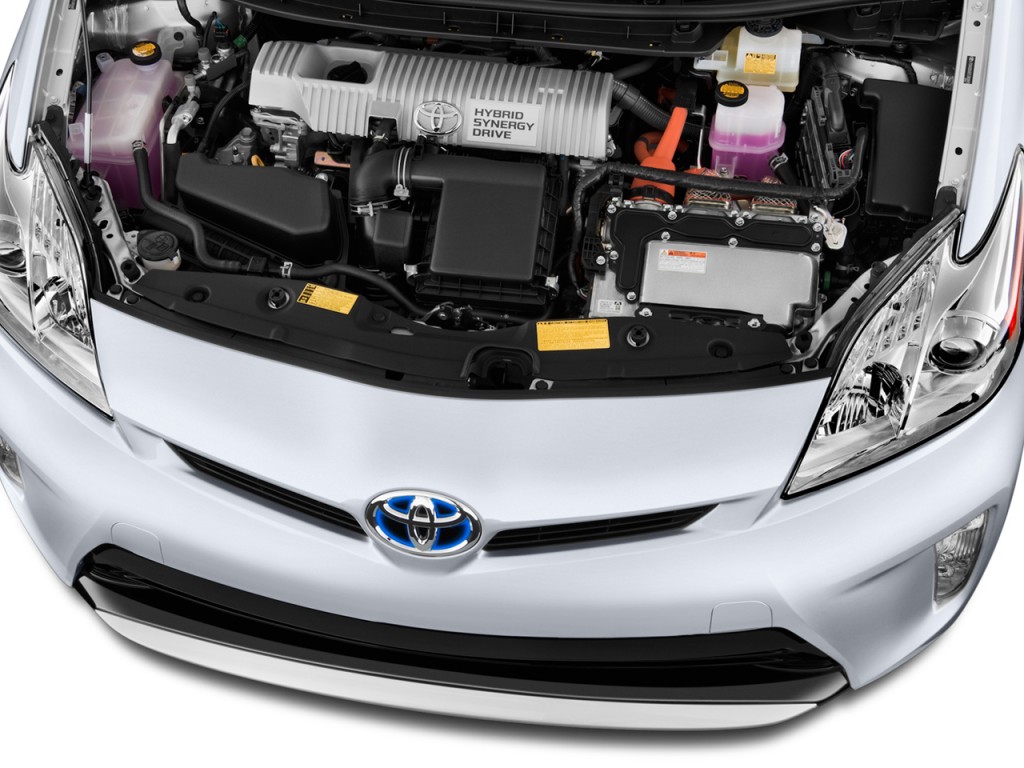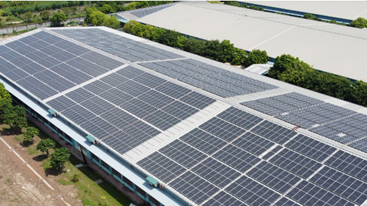Friday, 26/04/2024 | 08:38 GMT+7
Even the most miserly gasoline engines are typically about 30% efficient, meaning that only 30% of the energy created by burning gasoline translates into power to more the car forward. Diesel engines are a little more efficient, converting about 35% of the energy in diesel fuel into forward progress.
The next generation Toyota Prius engine achieves 40% thermal efficiency, says a report in Nikkei Technology. Toyota made the announcement at last week’s Spring Conference of the Society of Automotive Engineers in Yokohama, Japan. The engine in the current generation of Prius automobiles is rated at 38.5% efficiency while that in earlier models was rated at 37%, according to Green Car Reports. This small change could represent big MPGs for buyers.

Pundits have predicted the end of the gasoline engine since 1976, but technology keeps giving it a new lease on life. Toyota engineers made the Prius engine the most efficient production engine by increasing the amount of exhaust gas recirculation from 21% in the current car to 28% in the new engine.
The breakthrough required increasing the combustion speed of the fuel/air mixture inside the combustion chamber. To make that happen, Toyota engineers had to redesign the cylinder head and the top of the pistons. But the changes made it hard to ignite the mixture, so Toyota is increasing the electrical energy delivered to the spark plugs from 35 millijoules to 100 millijoules.
The next generation Prius has been delayed several times by design and technical issues. The company worried that the average age of Prius owners was creeping up and ordered changes to the design to appeal to younger drivers. It also wanted the new car to achieve significantly better fuel economy than the current car. The new car is expected to be rated as high as 60 MPG by the EPA, and should be unveiled in the fall and go on sale next year.
The chassis architecture of the Prius will form the basis of a number of Toyota and Lexus models, as manufacturers seek to reduce costs by using the same basic chassis as the basis of many models in their product lineup. But efficiency is at the heart of what makes a Prius a Prius, and the competition will be hard pressed to match the efficiency of Toyota’s world famous hybrid.
Truong Duy








.jpg?w=367&h=206&mode=crop) Energy efficiency and conservation usage is an important aspect of the national energy development strategy
05/03/2024
Energy efficiency and conservation usage is an important aspect of the national energy development strategy
05/03/2024
 Challenges and Opportunities to promote energy efficiency market in Vietnam
Challenges and Opportunities to promote energy efficiency market in Vietnam
 The Ministry of Industry and Trade requests government agencies to coordinate in organizing Earth Hour 2024
The Ministry of Industry and Trade requests government agencies to coordinate in organizing Earth Hour 2024
 Consultation on Energy Efficiency Boiler Catalogue and Wood Drying Guideline
Consultation on Energy Efficiency Boiler Catalogue and Wood Drying Guideline
 Son Ha Co., Ltd, applies energy efficiency and conservation measures
Son Ha Co., Ltd, applies energy efficiency and conservation measures
.png?w=367&h=206&mode=crop) Request for expression of interest - C2.1.13: Capacity Building on energy efficiency policies development
Request for expression of interest - C2.1.13: Capacity Building on energy efficiency policies development
 Phuc Kien Co., Ltd., is effectively implementing energy-saving measures
Phuc Kien Co., Ltd., is effectively implementing energy-saving measures
 Request for expression of interest - C2.1.12: Independent monitoring of safeguards implementation
Request for expression of interest - C2.1.12: Independent monitoring of safeguards implementation